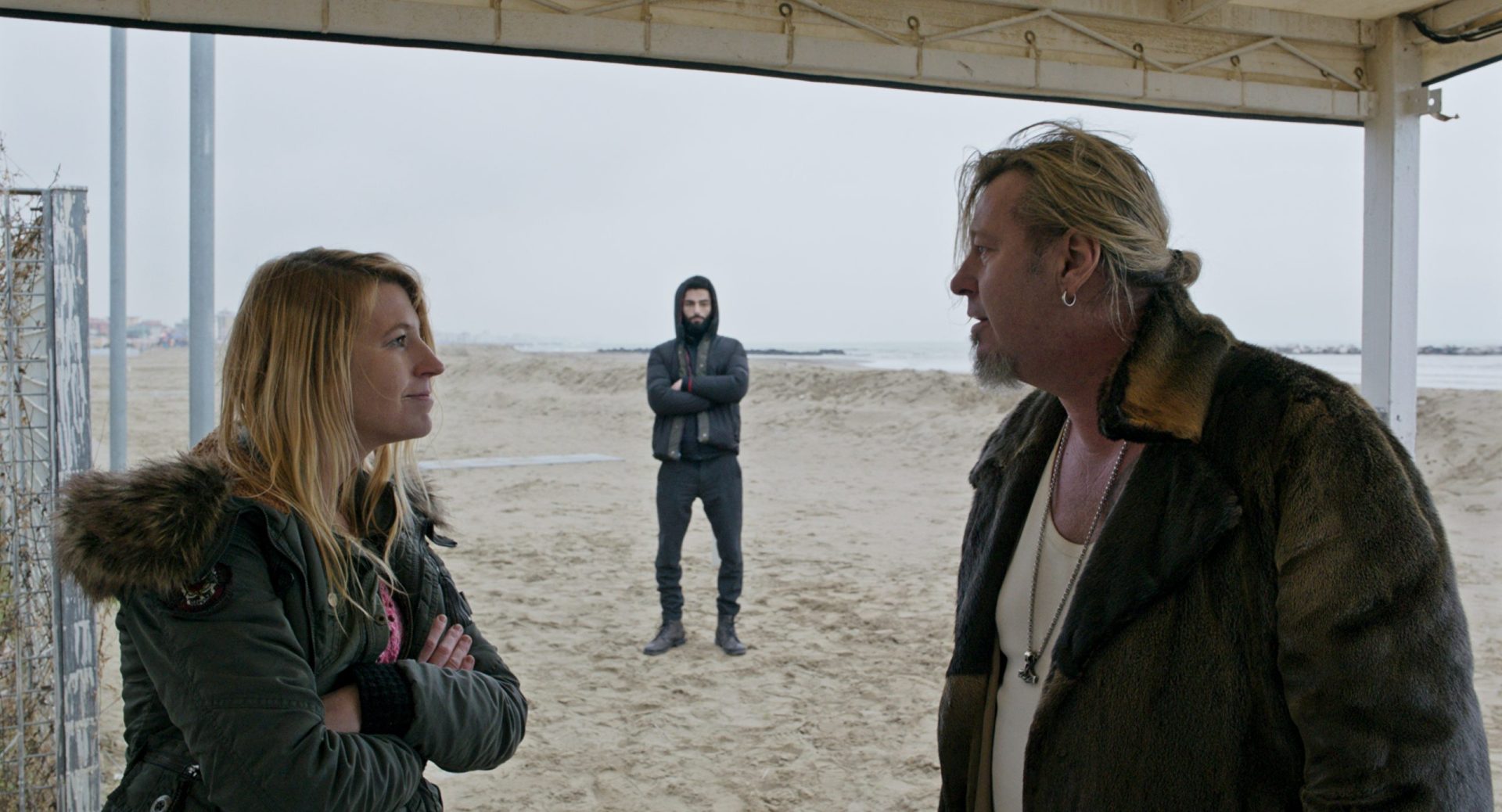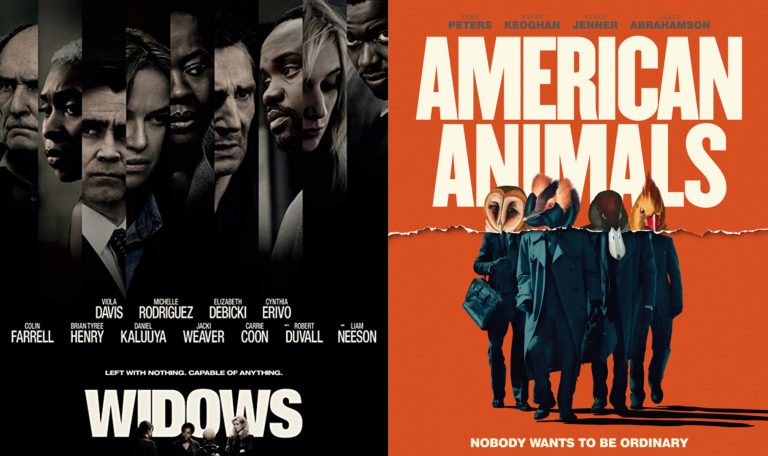Rimini (2022) Movie Review: Through Rimini, we meet a man who is both charismatic and despicable. Richie Bravo (played by Michael Thomas), who once was a rock and roll star, is now well past his years of glory. With a ponytail and a paunch, he still feigns this star persona. He feels no embarrassment in presenting himself that way, nor do his staunch admirers care about it. They would rather worship him for who he was because that is the only image they have of him.
Richie worked hard for years to create an image for himself that now serves him well. While it helps him with his self-esteem, it also binds him to be a slave to its service. That image makes it impossible for him to accept the loss of his fame and fortune. He keeps acting like he’s the star of the show, even though he’s singing for mostly empty rooms full of people who have nothing better to do with their time.
Besides being captive to this larger-than-life image (and its mystique), Richie is a victim of worshipping it. Having his teeth sunk deep in narcissism, he still keeps his personal memorabilia stacked up in his old place. He loves himself and looks at his life-size cut-outs that fill up the walls of this place that he has long forgotten to return to. These images, which serve as nods for his self-assurance, keep him inside an echo chamber where he keeps reveling in his own charisma.
And the same charisma works wonders on others who see Richie as a larger-than-life figure. In his tour-de-force performance, Michael Thomas uses his natural charm to create a bittersweet portrait of his contemptible character. The whole film plays out like a melancholic tragedy about a man who keeps swerving between two ends of his personality. While we see him as a captivating presence through the eyes of his fans, his estranged daughter, Tessa (played by Tessa Göttlicher), brings out the layers of his character.

When Richie first meets her after years of neglect, he is still enchanted by his playboy image, in which every woman appears to him as an open invitation to sex. He greets Tessa with the same horny immaturity he treated her mother with. Upon knowing she is his daughter, he starts seeing his past as a glorious mistake. Rather, it is only then that he accepts the negative aspects of his past that he chose to ignore while reveling in the widely ‘likable’ aspects of his personality.
Their interactions play out like and remind one of Darren Aronofsky’s The Wrestler. It could be due to the similarities in the central conflict and the appearance. But unlike the 2008 film, Rimini presents its father character with barely any redeeming factors. Even his cry for connection with Tessa feels like crocodile tears.
Through his songs, Richie gives voice to others’ desires. However, he rarely stands up for those emotions as earnestly in his personal life. Fans can’t get enough of what he expresses through his massive windpipe capacity. His voice echoes through the halls where he performs, capturing the attention and admiration of his audience. And yet, despite his beguiling appeal, he professes his love for himself through everything he does, which seems irksome to a fault.
Even in his performances, he is the hero. His songs’ regrets and desires are not meant to focus on the other person. Who he sings to is more of a plastic accompaniment for him, present only to convey and cherish his feelings. His self-obsessed nature is simultaneously engrossing and abhorrent. Ulrich Seidl’s wonderful, wonderful direction has succeeded in accomplishing this.
Wolfgang Thaler’s cinematography puts Richie at the center of his frames, with a large, empty headspace that gives a feeling of his alienation (while juxtaposing it with Richie’s reluctance to accept it). Monika Willi’s editing brings in several abrupt cuts that are impeccably well thought-out to present the irreverent behavior of the protagonist. These cuts impact deeper due to the very suddenness that aptly conveys the ever-swinging nature of Richie.
In one moment, he wants to hug his daughter to make her forget his lack of responsibility for years. In another, he denies any responsibility for reparations. While at one moment, he abuses his dreamy admirer for monetary gain, in the next, he sings as if he is the one who needs to be pitied. All of this leaves a deep impression on the viewer due to the ingenious editing that makes the surreal detours through Richie’s psyche so powerful.
Besides being an intricate character study, Rimini also presents a deeper exploration of old age and the feeling of being neglected. Richie, and his father, both suffer from these hardships in their own ways. While his father still fondly remembers the Nazi slogan, Richie cannot look past his past, where he could be openly racist, selfishly careless, and lost in a youthful reverie. While looking inward into their worldviews, the film also presents subtle yet lucid representations of their generations.


![Tokyo Godfathers [2003]: A Richly-Textured Christmas Dramedy](https://79468c92.delivery.rocketcdn.me/wp-content/uploads/2015/12/tokyo-godfathers-2-1024x554.jpg)
![Forever Out of My League [2022] Review: A Sweet, Disjointed Film About Friendship, Love, and Terminal Disease](https://79468c92.delivery.rocketcdn.me/wp-content/uploads/2022/04/Forever-Out-of-My-League-1-768x322.jpeg)
![Wet Sand [2021] ‘Locarno’ Review – A Well-Crafted Microcosmic Tale of Love in a Prejudiced Society](https://79468c92.delivery.rocketcdn.me/wp-content/uploads/2021/08/Wet-Sand-2021-768x405.jpg)


